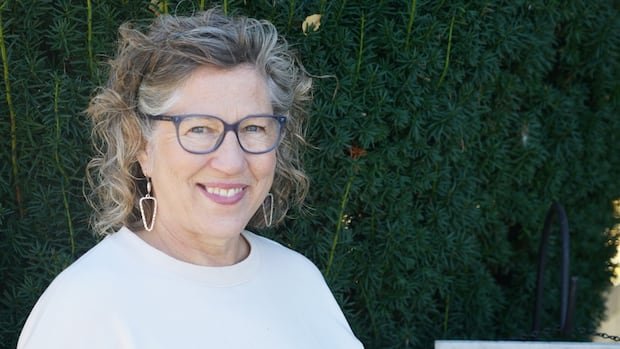Looking over the incomplete 2,000-piece puzzle laid out on a desk in her Cambridge, Ont. basement, Yvette Bellaire wonders how much the hundreds of puzzles she’s built over the past few years might’ve cost.
Hundreds of dollars? Thousands?
That’s likely the case since she averages about two to three puzzles a week.
But thanks to a Hespeler jigsaw puzzle exchange Facebook group she started in 2021, she hasn’t paid a dime.
“I love the fact that we’re exchanging puzzles constantly and saving so much money,” Bellaire said.
Bellaire said the pandemic was a perfect time to start the group. She used to go out to buy her own, but she said restrictions made that a lot more difficult.
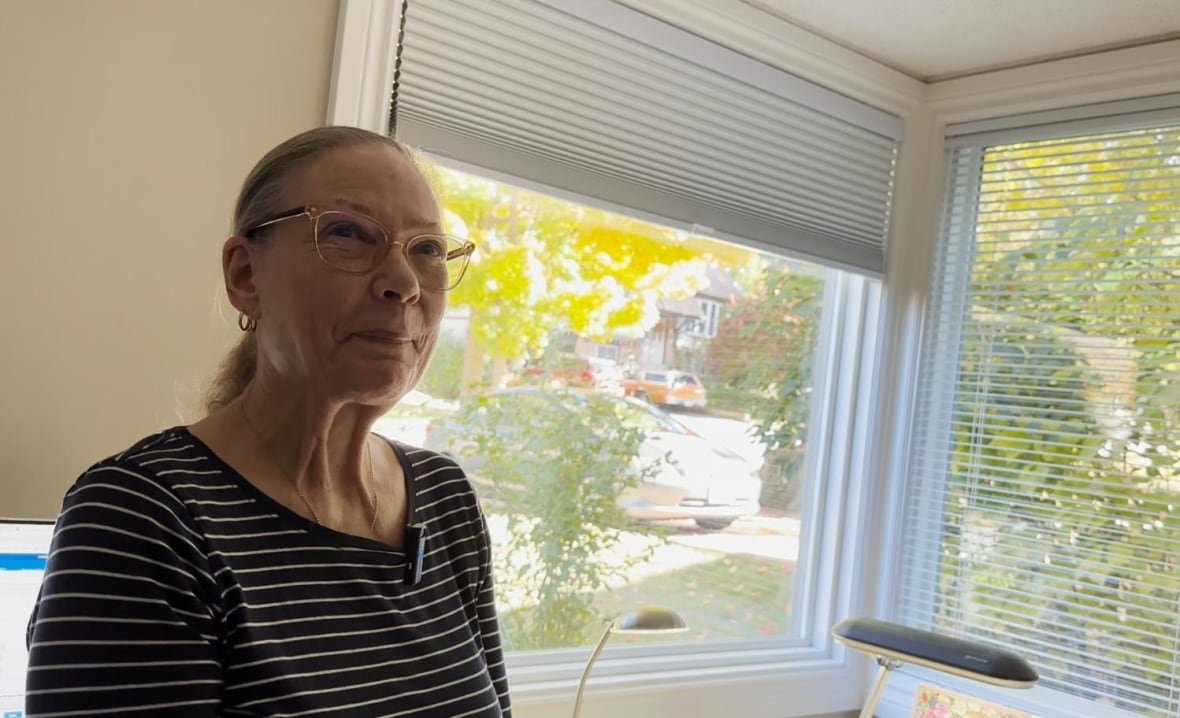
So instead, she created her own community.
“I’ve got a set ready to give to someone now. I mean, I’ve got probably 50 odd puzzles stored away,” said Bellaire.
“You get to learn which members like which themes and so on. It’s just really exciting and super economical. Because puzzles are so expensive.”
Bellaire said she was inspired by the Buy Nothing groups that started cropping up during the pandemic, where people shared what they had and gave things away. It was her husband that said to her: “Why don’t you do this for puzzles?”
“And now we’re 170 in the group,” she said. “And growing.”
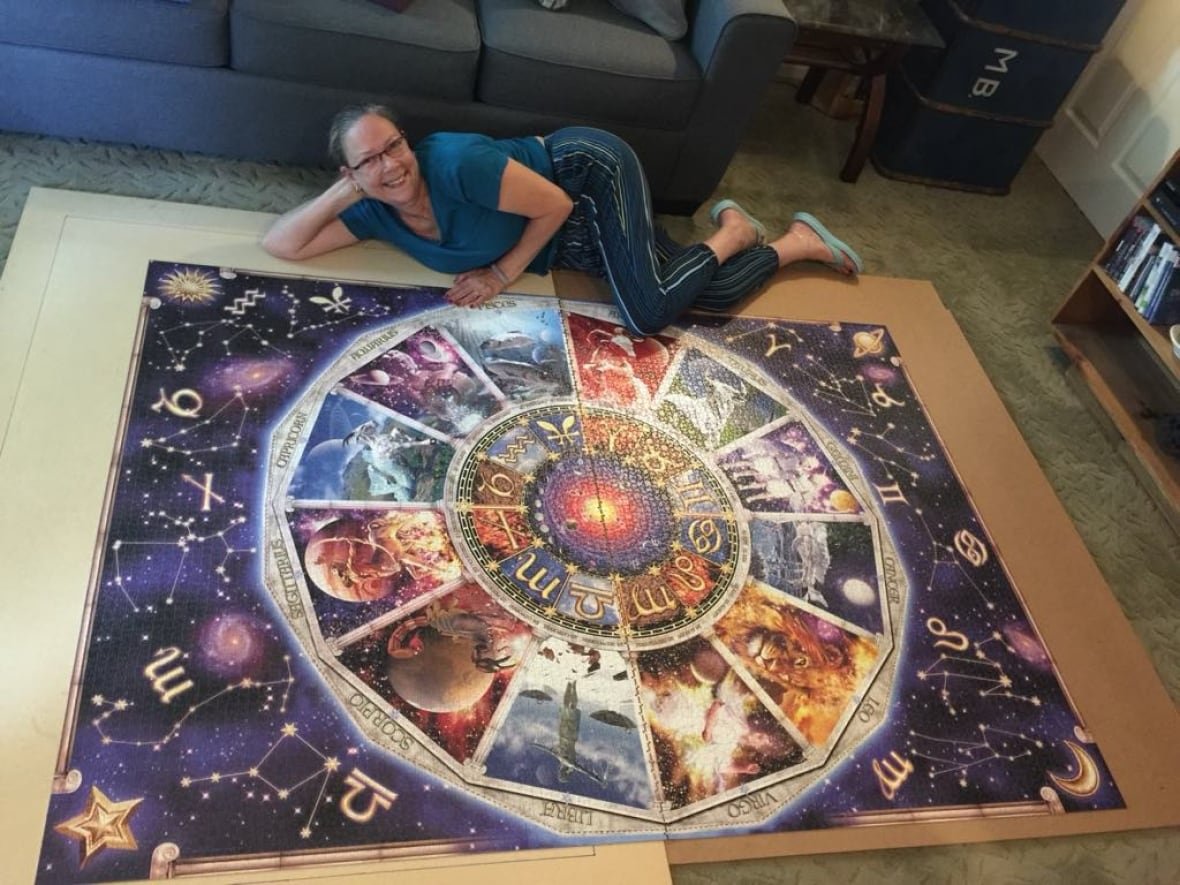
At the time the group was created, Bellaire was new to Cambridge’s Hespeler Village. Looking back, Bellaire said the group helped her settle into her new home.
“I love it,” she said. “I’ve never seen anything like the Hespeler community for giving and sharing and donating. It’s just incredible.”
Little puzzle library
Across town, down by the Speed River that splits the village in half, a small red dresser sits in Tracy MacDonald’s front yard. Hanging above it is a handmade sign reading: “Little Free Puzzle Library.”
MacDonald’s introduction into Hespeler’s jigsaw puzzle exchange began during the pandemic, too.
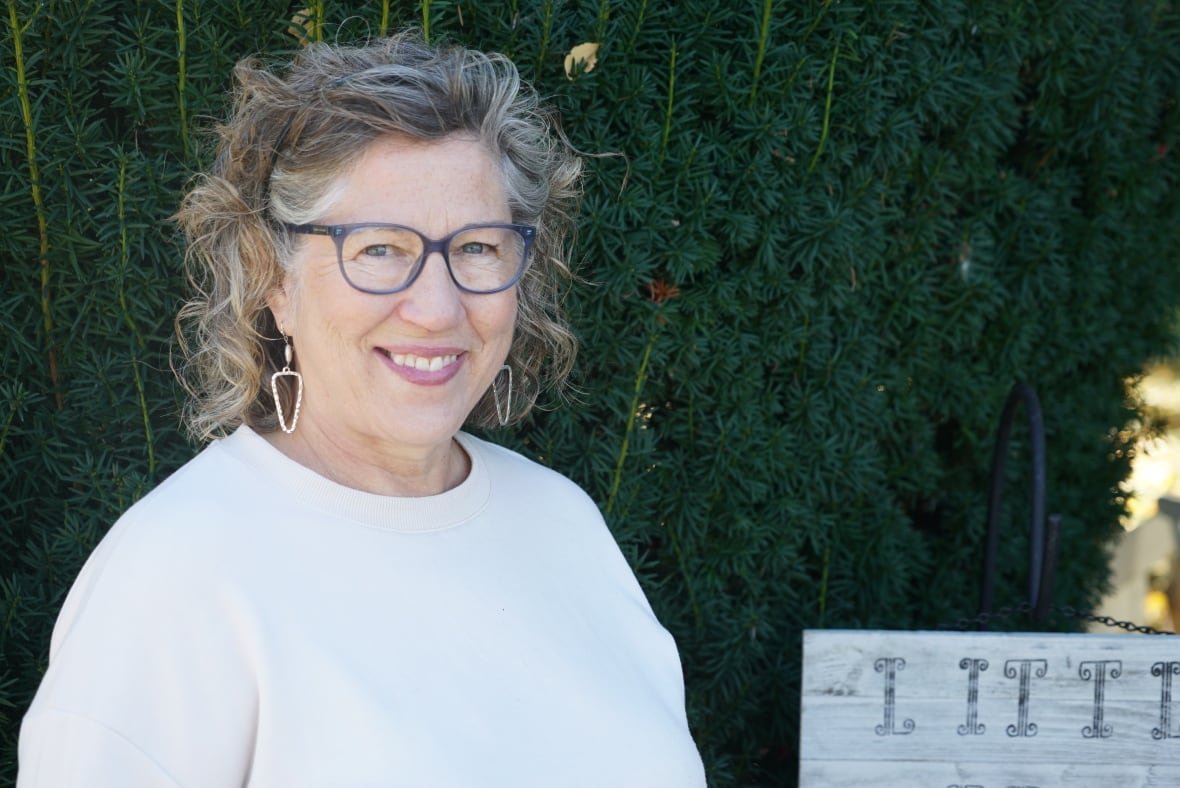
“COVID hit and it was very difficult to get puzzles. You couldn’t find them in stores, you couldn’t order them online,” MacDonald said.
She started exchanging them with friends and neighbours when in 2021 she thought, “you know what? Those little libraries of books that are around me, that would work for puzzles.”
“It kind of caught on.”
The little puzzle library began as a large plastic bin MacDonald found in her garage. But that was replaced when last year a library regular donated the chest of drawers that sits there now.
“Sometimes the drawers are full and [puzzles are] stacked on top,” she said. “Then other times it’s a little bit scarce inside the drawers.”
But she said people come by every day.
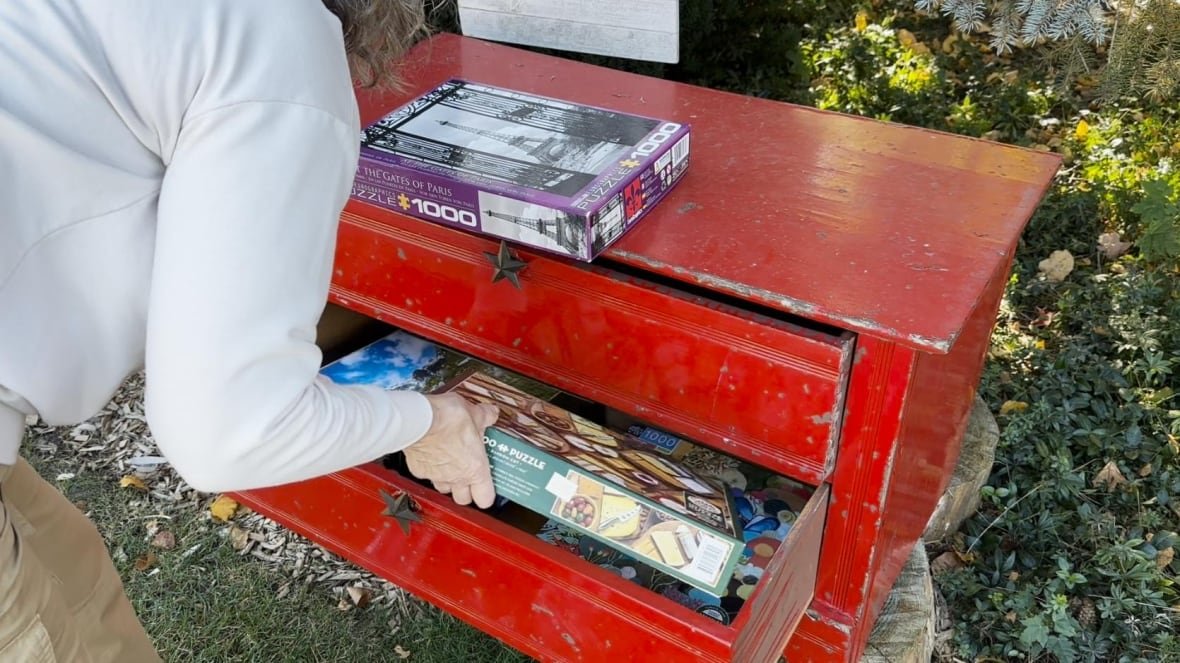
MacDonald said pandemic lockdowns put a strain on social interaction. It wasn’t until her little puzzle library when that would change.
“Puzzles gave us a little bit of a way to connect,” she said, adding that she “had a chance to talk to people that we might not have otherwise because we couldn’t visit inside.”
Even with pandemic restrictions lifted, MacDonald said her neighbours keep up the exchange.
“I’m just happy to keep building the community here because we have a strong community,” she said.
“I think Hespeler is known for that, and any way that we can build community and engage with people, it’s a good thing.”
Enigmatologist
Both Bellaire and MacDonald’s puzzle communities being born during the pandemic isn’t surprising, according to Stacy Costa, a Toronto-based enigmatologist.
Plainly put, an enigmatologist is a puzzle expert. Costa creates puzzles, but she also studies how people of all ages engage with them.

“Historically, the idea of jigsaws was popular in times of grief. So we’re thinking post World War One, even if you’re looking at times of the Depression, even the pandemic…we need something to turn to that kind of gives us some relief.”
During the pandemic, much of Canada was online, something Costa said people were looking to escape.
“People wanted something non-digital. So everyone turns back to that jigsaw puzzle.”
She said jigsaws could help take up long stretches of time, provide distraction, there’s no language barrier and completing a puzzle can provide a much-needed dopamine hit.
“We have this urge to solve. So when it comes to a puzzle, just like there’s a big mystery, we need to know the answer.”


